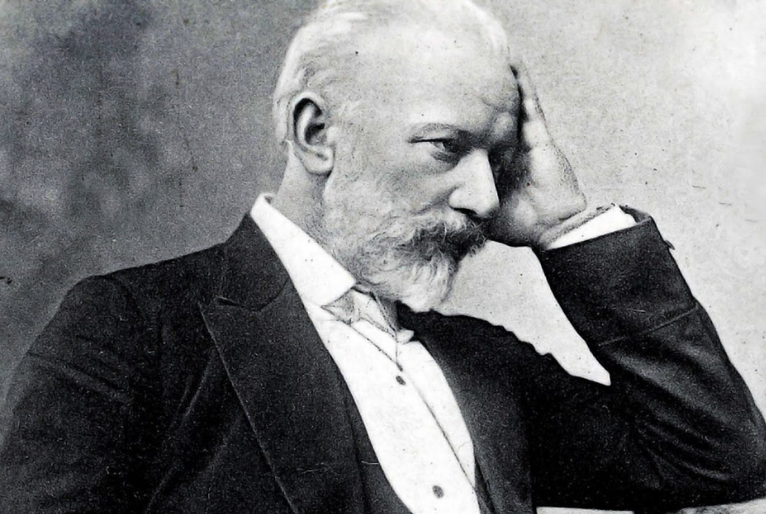
The Story Behind Tchaikovsky’s Swan Lake
Swan Lake, one of the most famous and beloved ballets, is a masterful work by the celebrated Russian composer Pyotr Ilyich Tchaikovsky. First performed in[…]
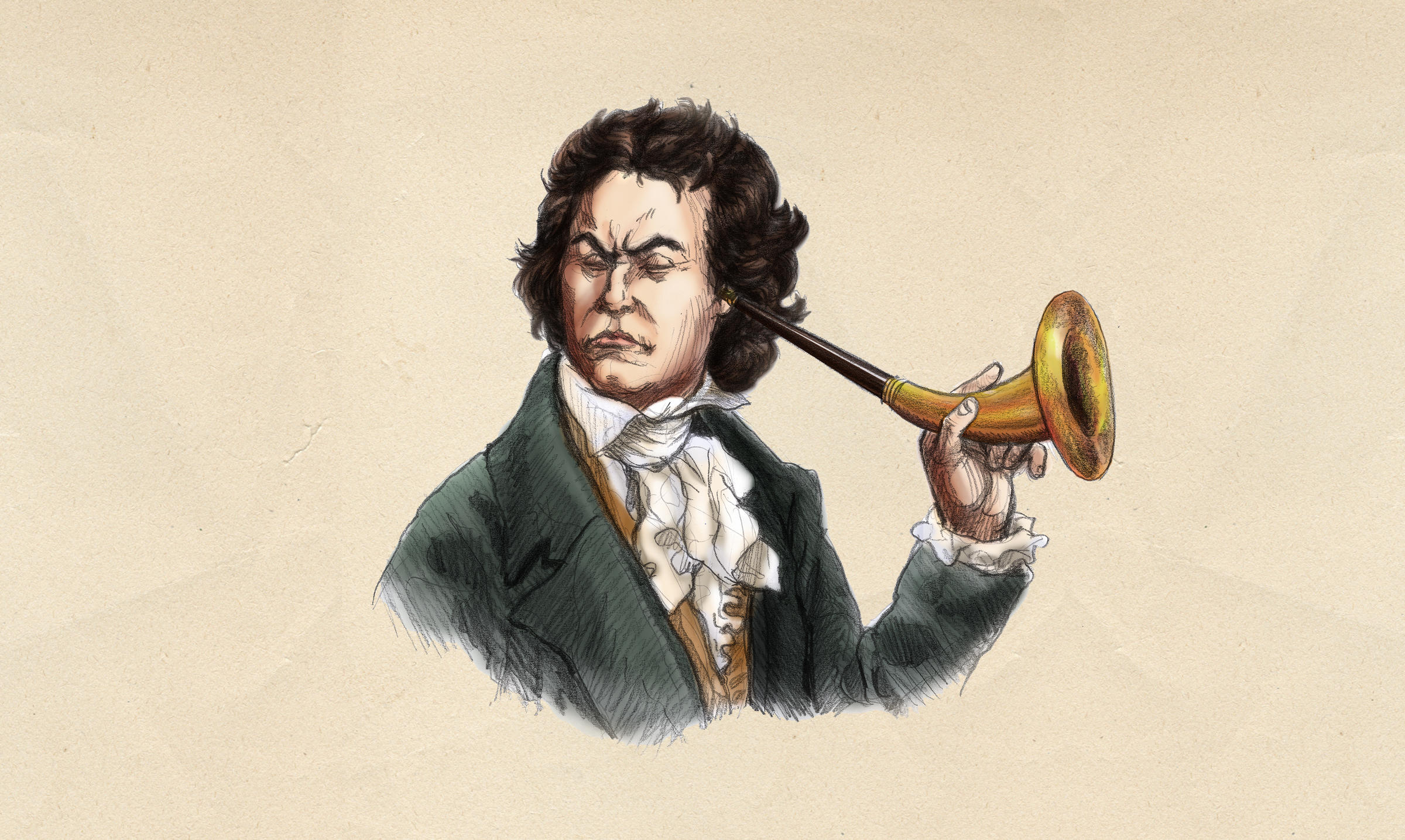
The Story Behind Beethoven’s Bagatelle
When one thinks of Ludwig van Beethoven, grand symphonies and powerful sonatas often come to mind. But this remarkable composer also created a piece that,[…]
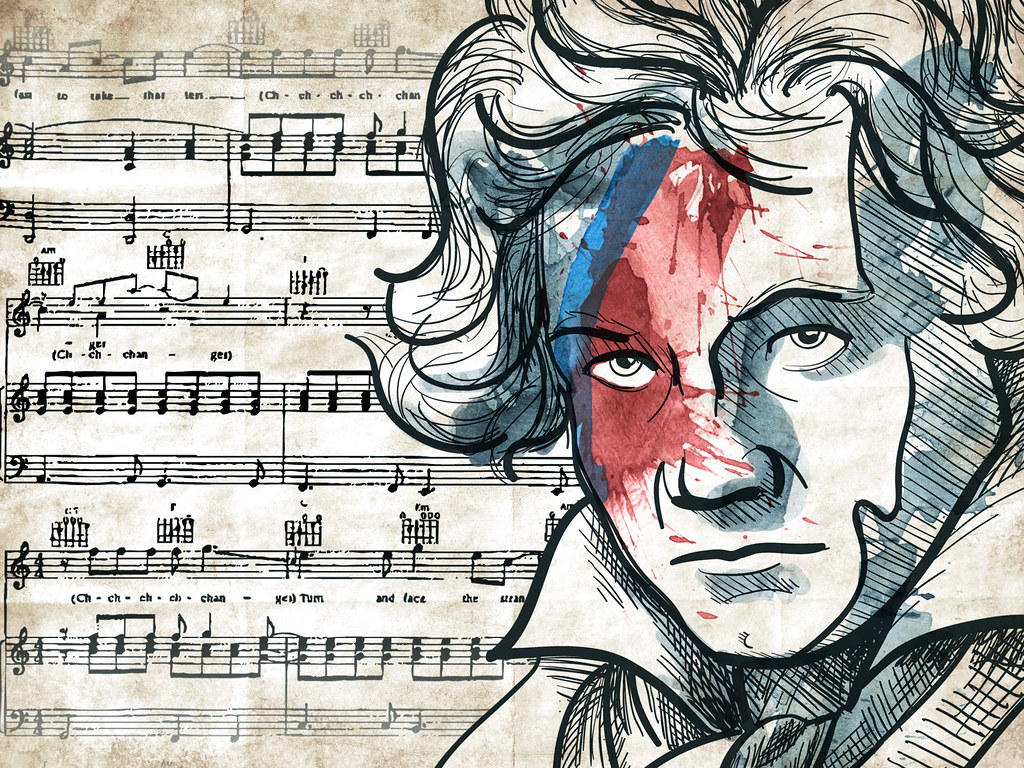
The Story Behind Beethoven’s Moonlight Sonata
Welcome to our journey into the story of one of the most beloved compositions of all time: Beethoven’s Moonlight Sonata. This masterpiece, with its haunting[…]
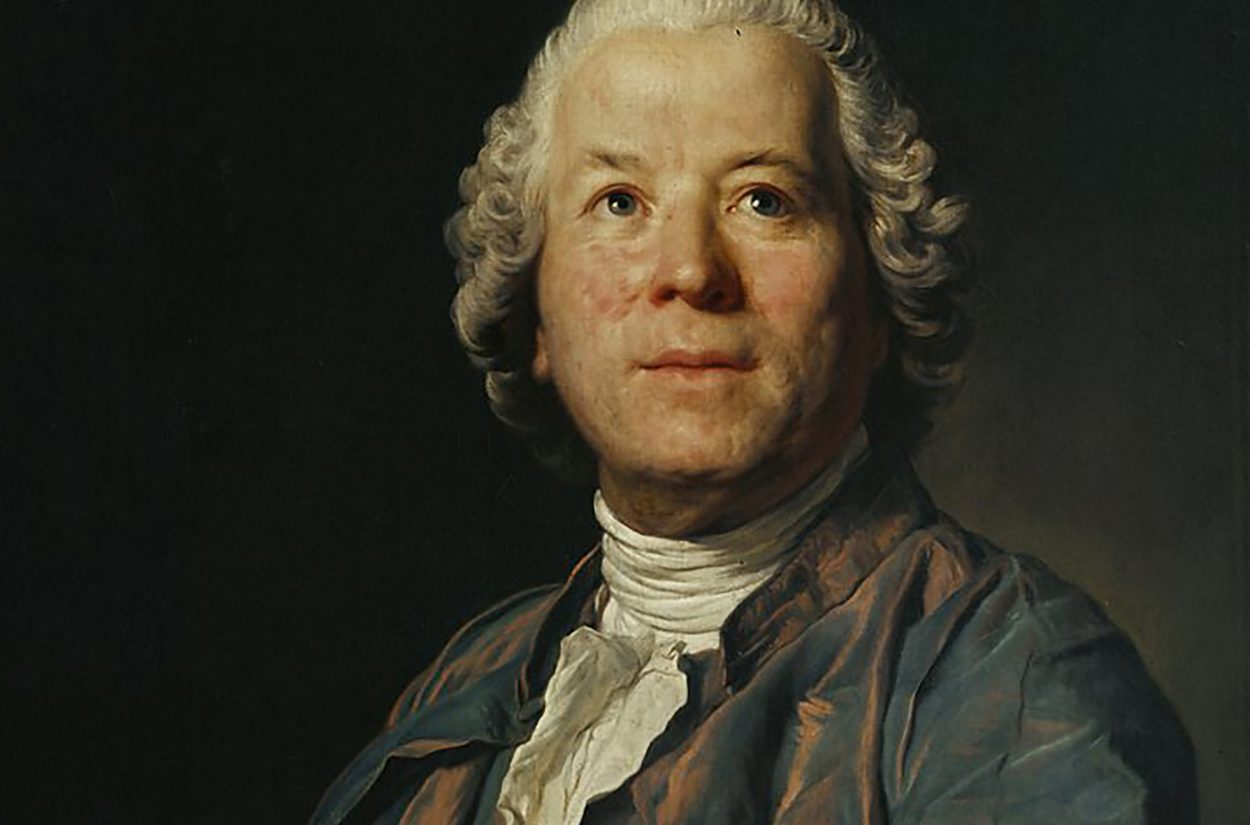
The 5 Best Compositions by Christoph Willibald Gluck
Christoph Willibald Gluck (1714–1787) is celebrated as a transformative composer who redefined opera in the Classical period, bridging the gap between Baroque traditions and more[…]
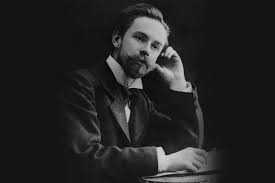
The 5 Best Compositions by Alexander Scriabin
Alexander Scriabin, the Russian composer and visionary, is renowned for his deeply spiritual, enigmatic, and transcendental music. Known for pushing boundaries in harmonic language, Scriabin’s[…]
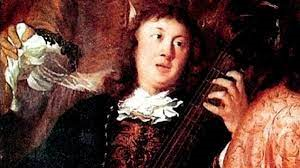
5 Fascinating Facts about Dietrich Buxtehude
Dietrich Buxtehude (1637–1707) was a renowned Baroque composer and organist who significantly influenced the musical world. Although much of his life remains shrouded in mystery,[…]
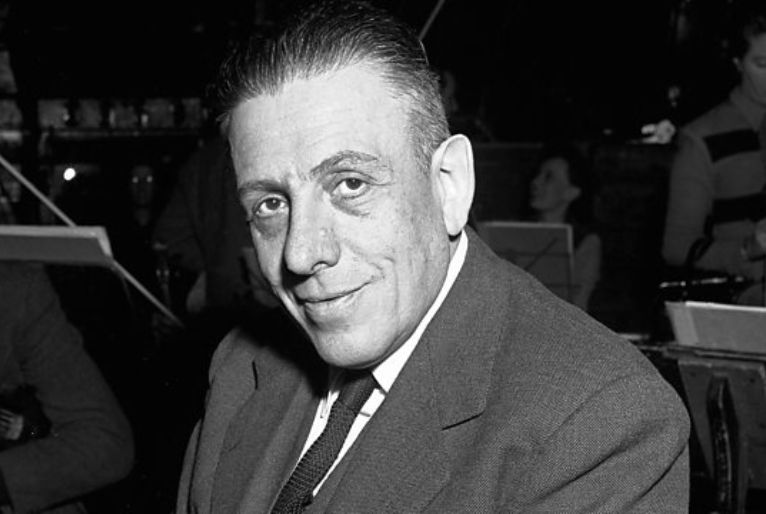
The 5 Best Compositions by Francis Poulenc
Francis Poulenc (1899-1963), a central figure in 20th-century French music, combined wit, charm, and depth in his compositions. A member of the group “Les Six,”[…]
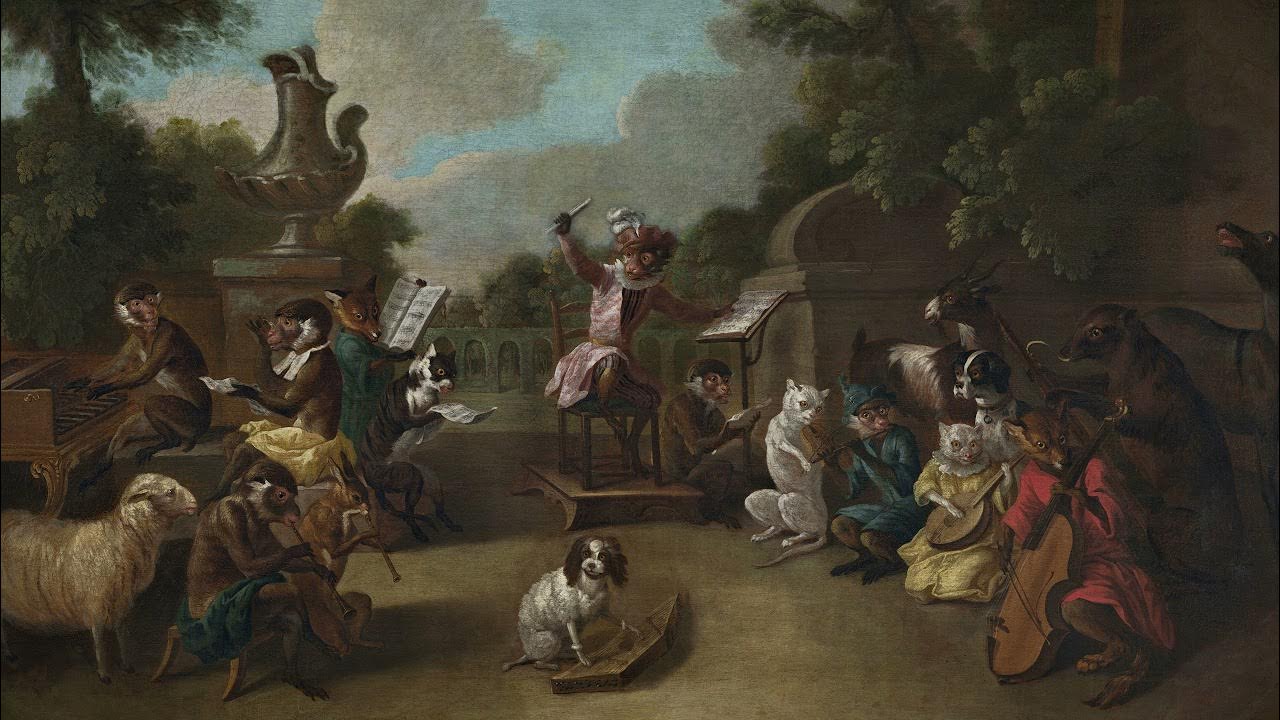
Top 10 Angelo Ragazzi Songs
Angelo Ragazzi (1680–1750) was an Italian Baroque composer and violinist whose works, while not as widely recognized as some of his contemporaries, display remarkable artistry[…]
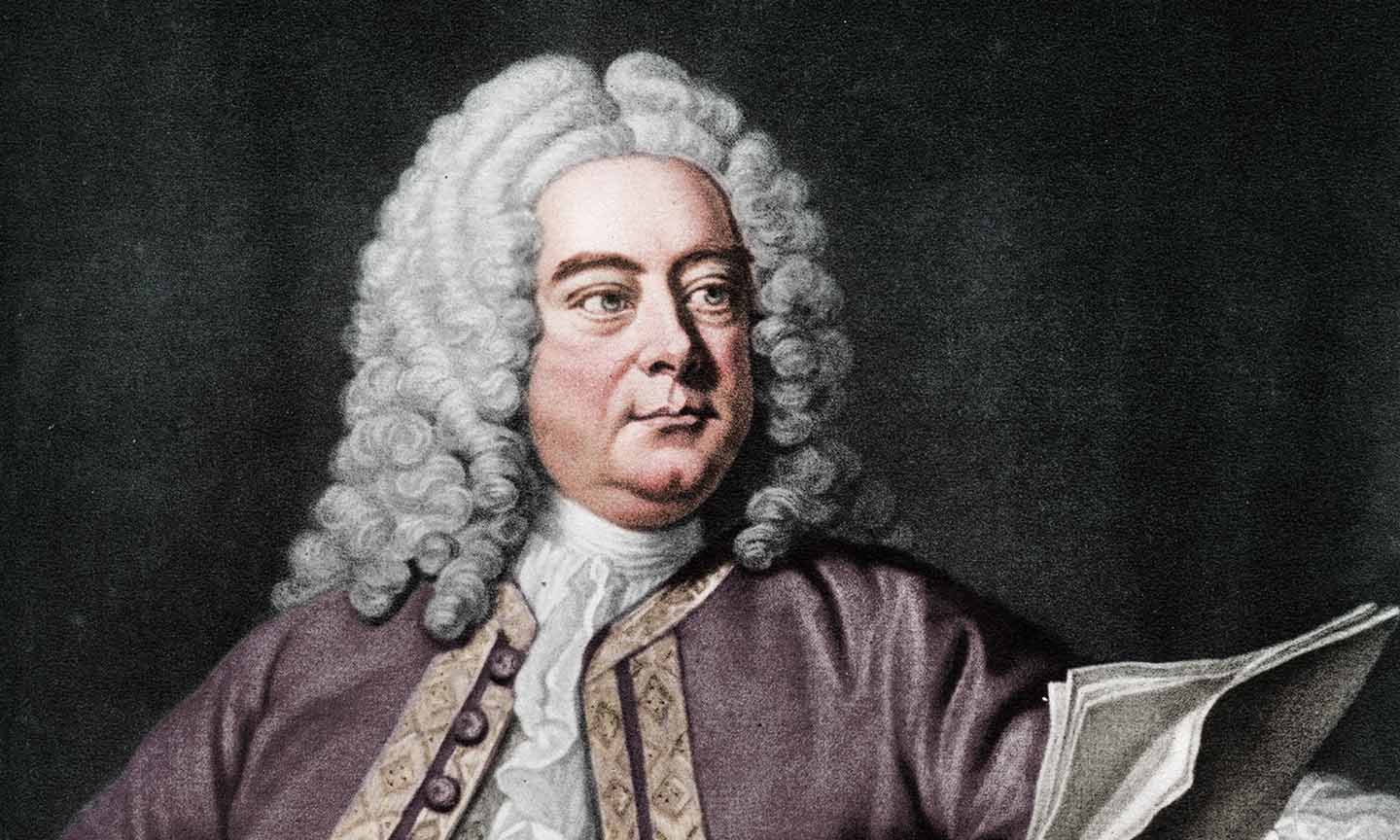
5 Fascinating Facts about Händel
Georg Friedrich Händel, one of the most celebrated composers of the Baroque era, is best known for his operas, oratorios, and concertos. His music has[…]

Top 10 Händel Songs
Georg Friedrich Händel, one of the Baroque era’s most celebrated composers, left an indelible mark on the world of music. Born in Germany but spending[…]